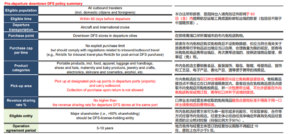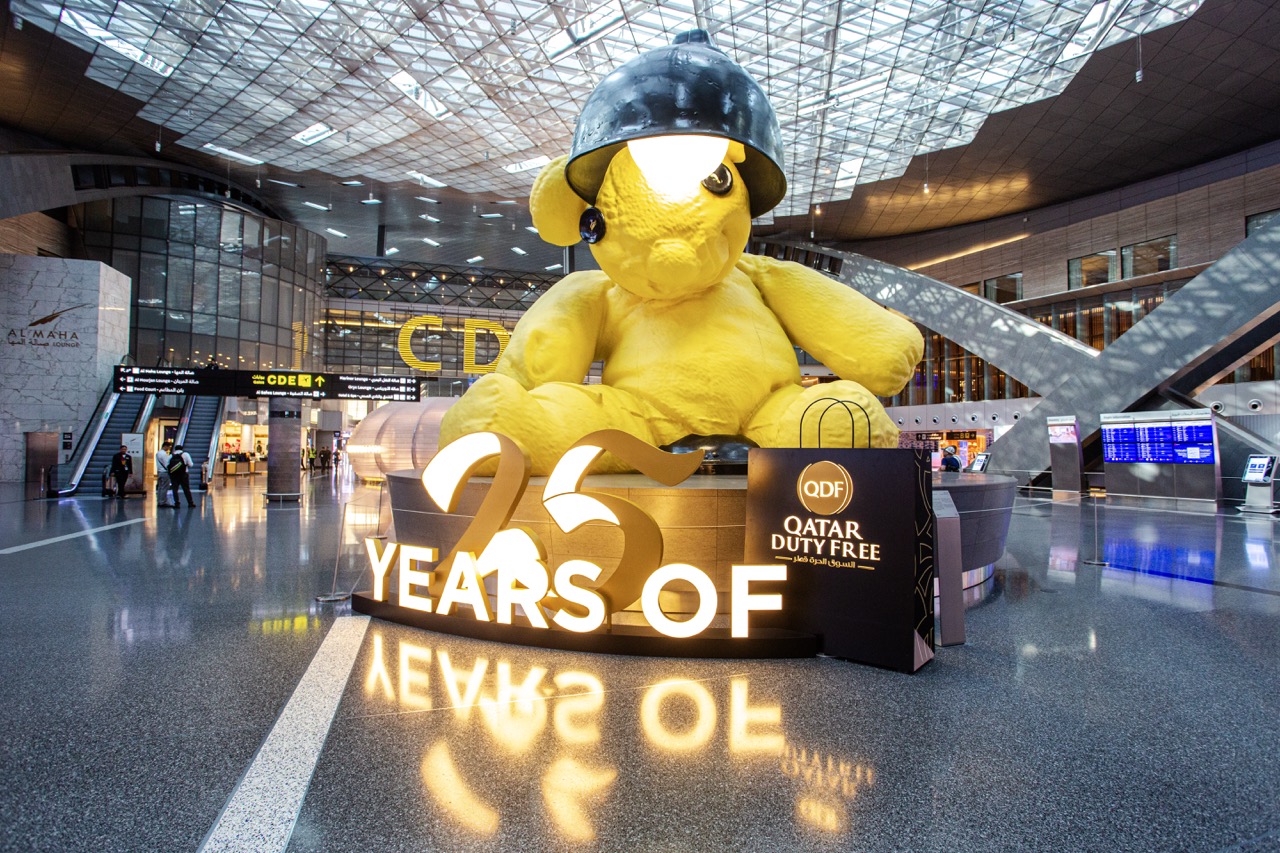CHINA. “The announced downtown DFS policy is highly similar to the policy in South Korea, which helped attract foreigners and encouraged more consumption downtown before departure.”
That’s the view of Goldman Sachs Global Investment Research as it digests yesterday’s big news of China’s new pre-departure downtown duty-free shopping policy.
The introduction of a pre-departure downtown shopping model with subsequent airport or seaport pick-up has long been anticipated as a means to further stimulate consumption and maximise travel-related spending.
But its announcement nonetheless represents an important change to the country’s and regional travel retail landscape. Shoppers (Chinese and foreigners) with appropriate documentation can purchase up to 60 days before their international departure.
Critically, though, travellers are not allowed to purchase or reserve goods at downtown duty-free shops and pick them up when re-entering the country.
To recap, a countrywide network of pre-departure duty-free shops will be created through:
- Adapting the operations of existing downtown stores run by China Duty Free Group, CNSC and China Travel Service (Hong Kong) Asset Management Co. In the case of the CNSC and China Travel Service (Hong Kong) Asset Management Co shops, which can currently only sell to returning Chinese travellers within a 180-day window, they will be transformed into new-model downtown duty-free shops within three months from 1 October.
- One downtown duty-free shop being established in the following eight cities: Guangzhou, Chengdu, Shenzhen, Tianjin, Wuhan, Xi’an, Changsha and Fuzhou.
A twist in the tale
Goldman Sachs commented: “A key differentiator in the announced terms vs earlier market expectations is that all purchases must be picked up at departure ports or airports and taken out of the country, rather than be delivered to the home directly or collected upon return, which is generally much more convenient for Chinese travellers.
“The new condition seems to target mostly foreign travellers, encouraging more shopping in China. Similar to the policy relaxation of visas rolled out earlier this year which targeted foreigners – including 144-hour visa-free transit and visa waivers for selective countries’ visitors.
“Compared with airport duty-free shops, downtown duty-free shops have added scope to 1) provide more SKUs in a larger store area and longer shopping time (within 60 days before departure vs up to two hours at airport DFS), but 2) it may not be catering to local shoppers who could purchase products at current airport DFS and collect upon return from their outbound trips without having to carry their purchases along with them for their entire trip.”

The note continued: “With this, we believe the new downtown duty-free shopping policy could result in sales from airport duty-free stores being diverted to downtown, though any potential dilution is likely to be limited at the current stage. Potential earnings impact from the new measure will depend on the pick-up revenue sharing rate (RSR), which has a large potential range from 0 to a maximum of 23% (current RSR for airport DFS sales).”

Returning to the Korean analogy, Goldman Sachs said: “The [Korean] policy helped attract foreigners (especially Chinese travellers) and encouraged more consumption in South Korea. In this case, Korean outbound travelers usually spend 40-50% of total duty-free products consumption at airports when there are plenty of downtown duty-free shops available.”
A leading expert on the China travel retail market who asked to remain anonymous agreed with the Goldman Sachs analysis, saying: “After reading the detailed rules of the new policy, it can be understood that the main target groups are foreigners who come to China for tourism and Chinese who have lived abroad for a long time.
“It seems to have little to do with encouraging consumption for returning Chinese travellers as the downtown duty-free purchases must be taken out of the country – it is not allowed to deposit them at the airport and pick them up after entering the country.”
He continued: “The detailed rules state that there is no outbound limit, but if you buy with an exit certificate and you purchase goods worth tens of thousands of Yuan, and the information is in the system, it is inevitable that you would become a key target when you re-enter the country.”
The source said the policy should be read in connection with China’s recent extension of visa-free status across multiple countries, saying the two measures represent “a combination of punches” to boost business. ✈














